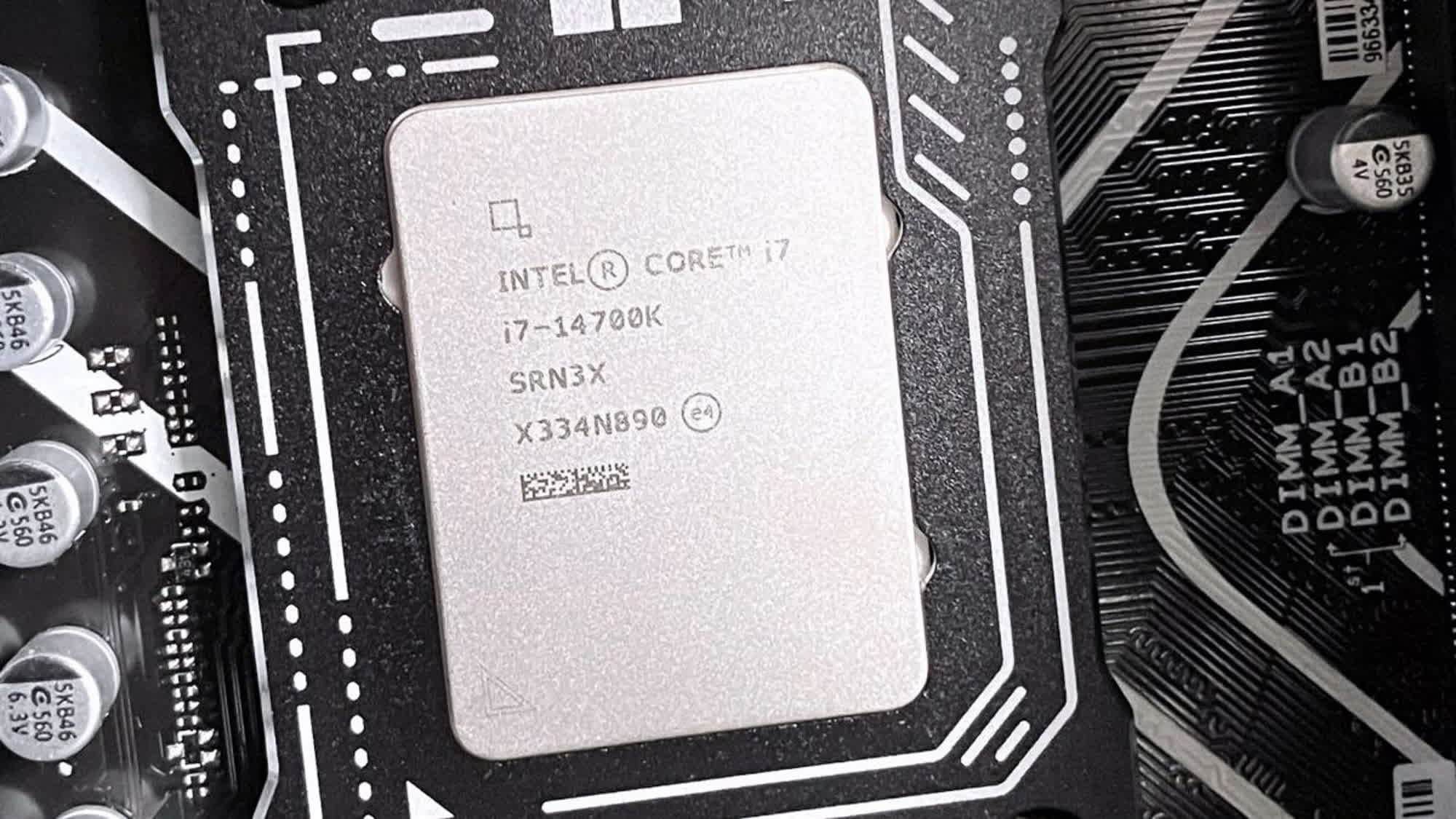The big picture: As Intel prepares a patch to address crashing issues in its 13th and 14th-generation Raptor Lake CPUs, more information about the processors' failure rates is emerging. Some companies have opted to switch to AMD, and a retailer recently disclosed that Intel CPU return rates have risen dramatically in recent years.

An unnamed major European online PC retailer recently informed the French outlet Les Numeriques that it receives approximately four times as many returns of Raptor Lake processors compared to Alder Lake (12th-gen Intel Core). This suggests that Intel's recent RMA rates may be significantly higher than AMD's.
The retailer reported that return rates for the 13th-gen Core i9 13900KF, 13900KS, and 13900K are quadruple those of the 12th-generation CPUs. Meanwhile, the 14th-gen Core i9 14900KF, 14900KS, and 14900K currently have triple the RMA rates of Alder Lake.
The difference is likely due to age. The retailer confirmed that the 13th-gen processors experienced similar return rates when they had been on the market for as long as the 14th-gen chips have been now. This indicates that Intel CPUs may degrade over time and suggests that returns for the company's most recent lineup could increase.

Estimates from Les Numeriques are likely conservative. The numbers from one retailer don't account for failing processors that were not returned, were returned to other retailers, or were sent directly back to Intel.
However, extrapolating from Mindfactory's 2020 RMA rate reports for Coffee Lake Refresh (9th-gen Intel Core) and AMD's Zen 2, would put Intel's 13th-gen chips between four and seven percent and the 14th-gen processors between three and 5.25 percent. The absolute number of failing Raptor Lake CPUs remains unclear, but the data suggests that something is wrong.

Users have reported instability with Intel's last two desktop CPU generations throughout the year. A game developer and a VFX studio reported disastrous failure rates for 13th and 14th-gen i9s, prompting both to migrate to AMD.
Intel traced the problem to a microcode algorithm error that resulted in incorrect power delivery values. The company plans to release a patch in mid-August, but it will not fix CPUs that are already failing.
Users with processors currently experiencing crashes or instability will need to RMA them. Those with high-end Raptor Lake CPUs that are still functioning well should keep their BIOS updated, maintain Intel's default voltage settings, and download the company's update as soon as it becomes available from OEMs.
Retailer says Intel Raptor Lake CPU RMA returns are up to 4x of previous generations
